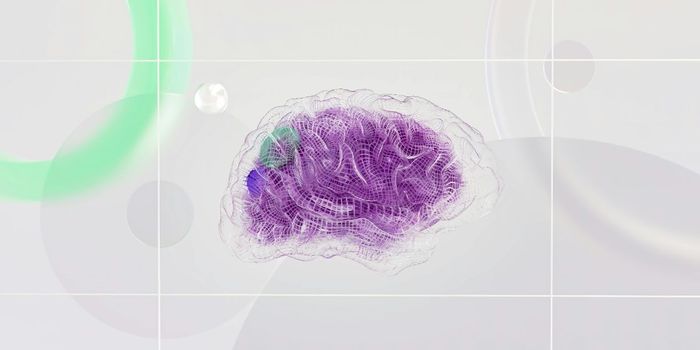Cannabis Reduces ADHD Med Use in New Study
As the legalization of medical cannabis increases in the U.S. and around the globe, its effects on a variety of conditions and behaviors are under examination. In Israel, medical marijuana was first approved for cancer patients, those with chronic pain, and others in the 90s. Use has since expanded, with tens of thousands of people registered as users and Israel's Ministry of Health funding related research. The Evelyn Gruss Lipper Charitable Foundation also funds studies in this area and recently backed an exploration of how medical cannabis use affected the prescription drug intake of Israeli ADHD patients.
In the U.S., it is estimated that about 6.1 million children have been diagnosed with ADHD to date. ADHD symptoms “start in early childhood and continue into adulthood. In some cases, ADHD is not recognized or diagnosed until the person is an adult,” according to the Mayo Clinic.
The recent study focused on 53 Israeli medical cannabis patients who had an ADHD diagnosis. Most had previously gotten the cannabis licenses in relation to chronic pain or cancer treatment. Participants who used medical marijuana were found to use fewer prescription drugs or to stop taking ADHD medications altogether.
Cannabis consumers were divided into high- and low-dose groups and 27 different combinations of cultivar varieties were trialed. “The cannabinoids most associated with reduced or eliminated ADHD medication use” included CBN, THC, THCV and CBD, Marijuana Moment reported.
“These findings reveal that the higher-dose consumption of MC components (phyto-cannabinoids and terpenes) is associated with ADHD medication reduction… However, more studies are needed in order to fully understand if cannabis and its constituents can be used for management of ADHD,” the authors concluded. Jeffrey Y. Hergenrather, Joshua Aviram, Yelena Vysotski, Salvatore Campisi-Pinto, Gil M. Lewitus and David Meiri conducted the research. “Cannabinoid and Terpenoid Doses are Associated with Adult ADHD Status of Medical Cannabis Patients,” was published in the Rambam Maimonides Medical Journal in January 2020.
Article Sources:
Rambam Maimonides Medical Journal










